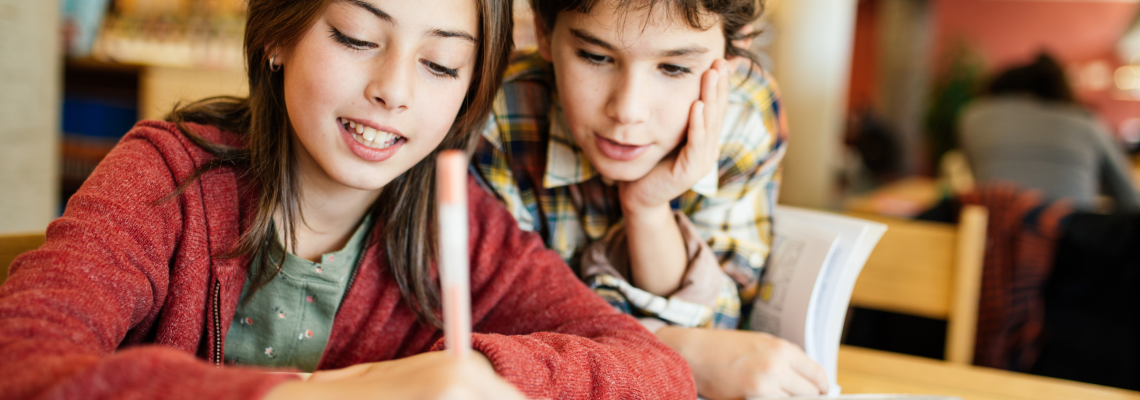
Educators, let me ask you a question:
Where do you feel you most BELONG?
At a coffee shop catching up with a friend? In the garden? Reading bedtime stories to your kids? In your classroom?
I’m going to guess this is also the place where you feel confident trying new things and taking risks. We have to feel comfortable and safe in order to make mistakes and know that the people around us will help us back up to try again.
In the classroom, creating a sense of belonging invites our students to take learning risks and feel capable of success. And some research suggests motivation and level of anxiety are better predictors of academic progress than previous academic achievement.
So, how can we as educators create an inclusive environment where students willingly take on challenges?
ATTRIBUTIONAL RETRAINING
Attributional retraining helps students change their thinking about the causes of their successes and failures so that their beliefs support, rather than limit, their achievements.
For example, a student may score poorly on a test and attribute that to a lack of ability. This can significantly reduce motivation–if I’m not smart, why even try? However, attributional retraining helps students feel more in control of their success. For example, practicing an effective learning technique with a student can help them improve, see how their effort paid off, and thus want to work harder in the future.
A STUDY
In a 2011 study by G. M. Walton and G. L. Cohen, students facing a difficult school transition read stories from older students who shared how they overcame their struggles in school and eventually felt like they belonged. The students who read these stories then recorded videos sharing what they learned with younger students, essentially passing on the knowledge.
RESULTS
Over the next three years, these students were more likely to communicate with teachers and students, their GPAs increased, and they reported a greater sense of belonging, happiness, and health than students who did not participate in the intervention. Ultimately, these students were less likely to see negative events as a sign that they didn’t belong or lacked the ability to succeed.
In a similar study of over 2,000 high school students, participants chose a personally significant social issue. They then read stories from other students explaining how an awareness of social problems and a desire to positively impact the world made them want to work harder in school. Finally, the students wrote to future high school students about their own purposes for learning.
The participants of this intervention attained higher grades in math and science classes in the next academic term with initially low-performing students experiencing the greatest increase. The study also found that the students receiving this one-time intervention persisted longer on uninteresting tasks and, after high school, were less likely to drop out of college.
TRY IT IN YOUR CLASSROOM
Have your students share their learning with next year’s class. What struggles did they face? How did they overcome them? How did they find belonging? Learning from peers who have walked the same path and then passing on that wisdom can have significant benefits, cultivating self-efficacy, perseverance, and belonging. You don’t have to wait until next year though. Have your students read articles or watch videos about anxiety and the brain or proven learning techniques. Then, have them record a video for younger students sharing their learning and knowledge.
If your students feel like they belong in your class and are capable of success, they will be more willing to engage with effort.
WANT MORE?
Our online course, Fostering Engagement, is helping teachers across the country develop more motivated and engaged students!
The next session begins October 6th. Learn more and sign up at cbdconsulting.com/engagement.


